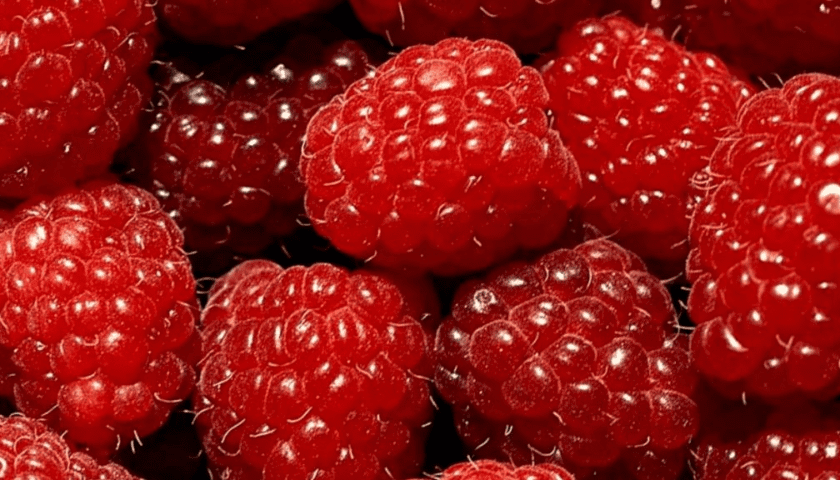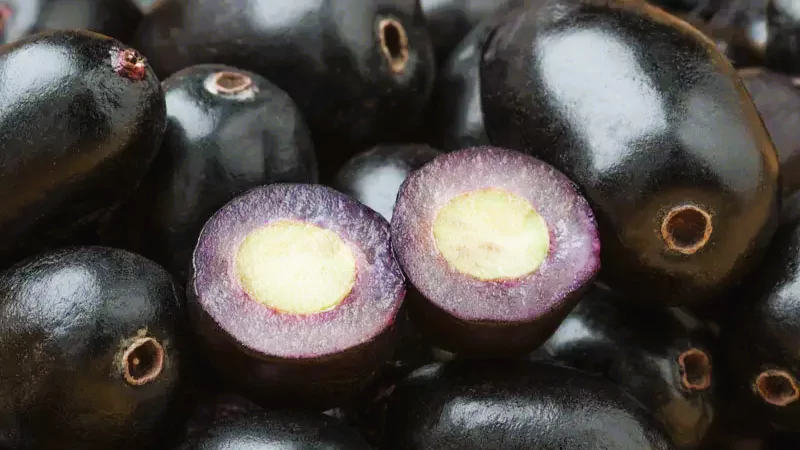About Raspberry
Raspberry is a fragrant fruit with a sweet taste and velvety texture. The most common type of raspberry is red raspberry, but raspberries can also be black, purple and gold.
It is not surprising that raspberries are considered the best food because they have a lot of fiber and antioxidants that make the heart healthy.
Planting
Raspberries grow best in full sun, but unlike most fruits, they will grow well in areas with partial shade. However: the more sun, the more fruit!
The planting area should have rich and well-drained soil, good ventilation and shelter from the wind. Avoid water, where the air blows, because raspberries do not like to sit in water or completely dry.
Every year, feed your raspberry plant with a few inches of compost or old food; dig it into the ground a few weeks before planting. (A good amount is about 3 1/2 cubic feet of compost per 100 square feet.)
Plant your fruit away from wild fruit. Otherwise, you can spread wild pests and diseases in your berry trees.
Cultivation
Most commercial red raspberries are cultivars or hybrids of Rubus idaeus and R. strigosus. Two species of North American black raspberries (R. occidentalis and R. leucodermis) is also grown commercially in some areas, although production is limited. Raspberries are resistant to diseases and pests, but must be fertilized or trained to control their wild growth.
Red varieties are propagated by suckers (adventitious shoots) from the roots of the parent plant, although leaves or rootstocks are also used for the rapid growth of new species.

The black and yellow varieties have canes that are colored and spread at the tip, while the powder is buried about 50 mm (2 inches) in late summer, it is – also play tips that are rooted in early spring.
Health benefits of raspberries
May improve blood sugar control
With a low glycemic index (GI) and high fiber content, raspberries are a useful dietary supplement if you want to monitor your blood sugar.
Animal studies suggest that when raspberries are fed a high-fat diet, they help lower blood sugar levels and improve insulin response. This may be because raspberries are high in tannins, plant compounds that inhibit enzymes that break down starches.
Can reduce arthritis
Containing anti-inflammatory compounds like anthocyanins, animal studies seem to show that raspberries reduce arthritis symptoms.
These studies also showed a lower risk of developing arthritis and less joint damage in those who developed the disease. More research and human trials are needed to confirm these effects.
It’s good for the eyes
Raspberries make our eyes healthy by being rich in antioxidants like vitamin C, vitamin A and other antioxidant compounds like flavonoids etc.
These compounds protect our eyes from free radical damage and reduce the risk of age-related macular degeneration, cataracts, glaucoma, and others. Raspberries contain vitamin A, an important nutrient for the eyes as it improves vision, prevents dry eyes and reduces the risk of night blindness.
Protection against cancer(s) and disease
Consuming raspberries regularly and in moderation reduces the risk of various types of cancer as they are full of antioxidants such as vitamin C, vitamin A and other important compounds such as flavonoids etc. These compounds protect our cells and tissues from free radical damage and reduce the risk of various cancers such as colon cancer, abdominal cancer, pancreatic cancer, bowel cancer, prostate cancer, etc.
Free radicals are unstable ions that stabilize themselves by stealing electrons from neighboring molecules, causing them to undergo oxidative damage. Raspberries contain ellagic acid, a key phytonutrient such as kaempferol, quercetin and cyanidin-3-rutinoside and cyanidin-3-glucosyl-rutinoside.
These compounds break down into anthocyanins and give raspberries antimicrobial and antioxidant properties. The antimicrobial properties of raspberries prevent the growth of bacteria, viruses and fungi.
It lowers the risk of contracting herpes, irritable bowel syndrome and other types of viral infections.
Good source of manganese
Raspberries contain manganese, a trace mineral that acts as an important substance for “superoxide dismutase”.
Superoxide dismutase is an enzyme that helps break down harmful oxygen molecules in cells. Manganese also provides other benefits such as reducing PMS, improving bone health, reducing arthritis pain, lowering LDL cholesterol, managing diabetes, and improving fat metabolism.
Makes breathing easier
Raspberries are good for the lungs and improve our respiratory health. Vitamin C and other antioxidants such as flavonoids, etc. found in raspberries protects our respiratory system from damage caused by free radicals.
It strengthens the immune system and reduces the risk of cough, cold, fever, flu, etc. The quercetin content in raspberries provides anti-allergy benefits and reduces the risk of runny noses, watery eyes, and other signs of allergies.
Anti-inflammatory compounds such as vitamin C, vitamin A, and dietary fiber in raspberries reduce lung inflammation and protect against asthma and asthma. Other compounds such as zinc, potassium, iron, folate, magnesium, etc. and raspberries also improve our respiratory health.



